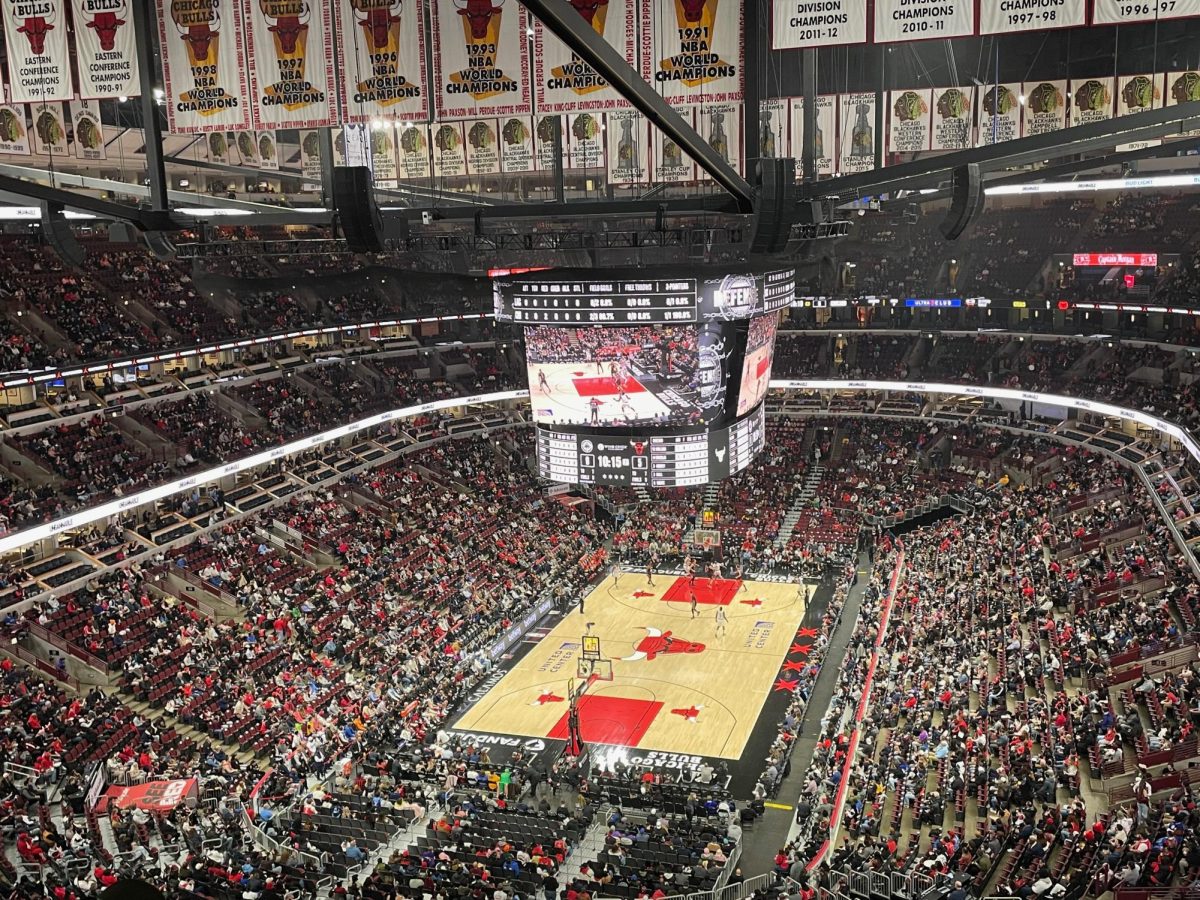Lament for Beckham
You just gotta feel bad for David Beckham. After four long years of public desecration, innumerable soul-searches, and endless endeavors to reclaim his ebbing reputation, Beckham seemed to be rising once again. After his fateful, insolent act against Argentina in France ’98, Beckham finally regained England’s trust. He was starring for England’s most fabled club team, and he continued to dazzle the world with his free kicks and his passing.
The life of a footballer, however, can change in seconds.
Beckham’s kick against Argentina took no more than a few seconds. And the crunching tackle that may have ended Beckham’s World Cup 2002 hopes may have taken even less time than that. Against Deportivo Coruna this past Wednesday, Aldo Duscher launched a vicious challenge in Beckham’s direction, and the England captain went down in a heap. Then, both Manchester United and all of England received crushing news: Beckham broke a bone in his foot. He will be out for six to eight weeks.
For Man U, their push to win the Premiership now lies in undeniable peril. Without Beckham, Manchester lacks one of its biggest game breakers. Beckham’s free kicks and his knack for scoring crucial goals could prove the difference between a first or second-place finish and a much lower one for United. Moreover, while Roy Keane serves as Manchester United’s vital engine, Beckham is its most creative player. His discerning crosses and his ability to absolutely eviscerate defenses with deadly long passes often turn potential draws and 1-0 losses into victories for the Red Devils. Undoubtedly, for United, Beckham’s injury hamstrings the proud Old Trafford side. Man U will need to look elsewhere for its late goals. At this point in the season, Manchester United may have nowhere else to look.
While Man U will sorely miss Beckham, England may miss its illustrious midfielder even more. England’s head coach, Sven-Goran Eriksson, had high hopes for his squad, and he placed a considerable degree of responsibility on young Beckham’s shoulders. Along with serving as team captain, Beckham played a central midfield role for England. Virtually all of England’s attack flowed through Beckham’s nimble feet, and he served as a bridge between England’s back line and the country’s deadly strikers. Also-and this very well could be the most important fact-Beckham still stands as arguably England’s most talented player. His passing, his work ethic, his determination, and his drive often push England to greater and greater heights.
Certainly, players like Steven Gerrard will pick up the slack. Last summer, Gerrard’s agility and pace destroyed Germany, but the Liverpool star still looks a little green. Even Liverpool manager Gerard Houllier mentioned that Gerrard is a bit too young to truly succeed at the international level. Gerrard himself admitted that he looks up to players like Arsenal’s Patrick Vieira.
Beckham, in comparison to the younger midfielder, is savvier and more consistent. The key facet to an international star is his infallible consistency. The best players rise to the occasion. In Liverpool’s struggles in Europe, neither Gerrard or his speedy counterpart, Michael Owen, have demonstrated the ability to consistently make teams pay. Granted, both players have seemingly limitless potential, but they simply do not possess Beckham’s current poise. Beckham can lead, while Gerrard and Owen only seem able to finish at this point.
So what will the future hold for Eriksson’s once-promising squad? Well, England still fields an extremely strong-albeit young-team. Owen, Gerrard, Seamen, Heskey, and others will ensure solid play on the pitch. But can England get past the infamous Group of Death without Beckham? Probably not. Against Argentina (a scintillating match-up if there ever was one, given the state of affairs in France ’98), England will now almost definitely falter. Argentina has both skill and experience, while England can really only muster somewhat callow skill. Also, having Beckham on the pitch-facing off against his old nemesis, against the player and the country that caused him untold heartbreak these past few years-will undoubtedly charge the young English squad.
Without Beckham, however, England will be empty, hollow, and not up to Argentina’s standard.
Eriksson may very well bring Beckham along, hoping his captain can recover in time if England makes the later rounds of the World Cup. The key question, of course, is if. A rejuvenated Beckham playing in the second round and beyond could very well propel England to untold heights.
But playing the first round without Beckham could also very well lead to England’s demise-and the glories that the old country relentlessly chases may once again elude it.








